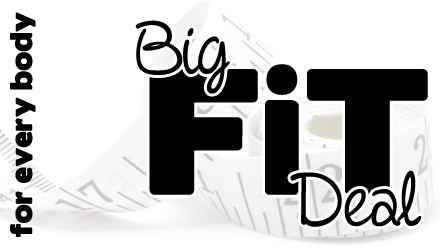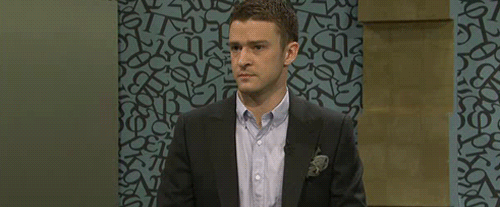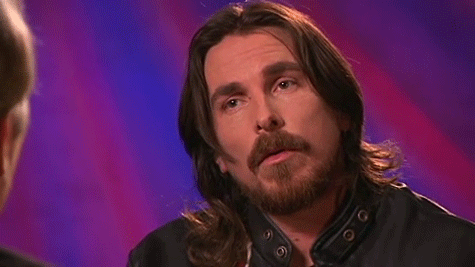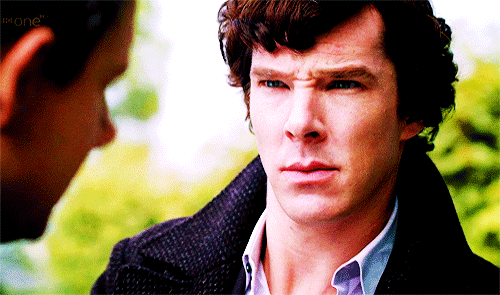So there’s this Harry Chapin song that goes, “Music has been my oldest friend, my fiercest foe, ’cause it can take me so high, yes it can make me so low.” The other day, I had a conversation with a friend that reminded me of how language is the same way – it can be my best friend, and my worst enemy. We use lanugage to communicate, express, and share, but it can also confuse, upset, and confound.
Here’s what happened. After Wednesday’s post about rejecting diet culture, I received this message (shared with permission):
[…] you’ve said something that surprises me. You’ve said that permanent weight loss is not possible. Do you honestly believe that it isn’t possible for an overweight person to change their diet and lifestyle in a manner that results in them becoming not-overweight and then sustaining that change? I agree with you that making such a change isn’t the most important thing someone can do. Being healthy and being not-overweight are not synonymous. But maybe someone might change their diet and lifestyle to improve their health, and, in doing so, also happens to shift from being overweight to not-overweight. Isn’t that possible? Do you really believe all of those people are destined to become overweight again?
Getting this email was like a punch in the gut, I’ll be honest. While I believe in what I write about here at BFD, to have it called into question like this was really hard for me to take. Essentially, I felt that this person was saying, “If you haven’t achieved permanent weight loss, it’s because you haven’t tried hard enough.”
And I reacted like that is exactly what he’d said. I defended myself, and explained my struggles with my weight and how active I am. I felt bullied by his email, and I went on the defensive. It’s the knee-jerk reaction I have whenever someone questions what I’m doing as a fat activist: Proving that I am a good fatty who embraces healthy behaviors like (some) thin people do. I feel that if I explain that I work out 5-6 days a week, that I do half marathons, then it’s proof that you can be fat and fit and that not everyone is meant to be thin. I validate my existence.
And furthermore, I felt that he was trying to invalidate my lived experience. I heard him saying, “You’d be thin if you’d done it right,” and I responded with, “How dare you question what I’ve lived through.”
My friend went on to explain that he wasn’t calling into question my experience. Rather, he didn’t like that I was speaking in absolutes. That is, he felt that I was saying it was impossible for anyone to have an experience other than mine, impossible for anyone to lose weight and keep it off.
He’s right. I shouldn’t speak in absolutes. Just as I don’t believe it’s impossible for fat people to be fit, I can’t say that it’s impossible for people to keep weight off in the long term. I do believe there is a small percentage of people who achieve and maintain weight loss. I don’t mean to question their experience. I just feel that as a society, we are obsessed with diet culture and thinness in lieu of health, especially considering the “success” stories are so few and far between. That’s what I mean, but it isn’t what I ended up saying.
But one other thing. The concept of absolutes really struck a chord with me. Here’s what I said to my friend in response to that idea:
I guess I have probably been worn down by a lifetime of hearing a constant stream of absolutes coming from the other direction, that “everyone” can lose weight and “everyone” can and should be thin, and that I’m just not trying hard enough. The diet industry and society and the media all tend to deal in absolutes when it comes to body size and our ability to control it, and so I dealt one back.
In the end, my friend and I worked it out. He expressed his feelings, and I mine. I think it’s fair to say we appreciated each other’s candor and willingness to listen. Language is a fascinating thing, isn’t it? There is often such a difference between what we hear and what someone else is trying to say.
The takeway here isn’t, I think, to be super cautious about how we speak. I am very passionate about the issues I talk about in this space, and sometimes that’s going to mean I express myself with language that will upset, offend, or confuse. What I mean, what I say, and what is understood might be three completely different things. And that’s okay. It is, after all, my space. But I also want to be the kind of person who will listen to how my language has made others feel, and be open to discussion that helps to clarify, bridge gaps, and improve understanding for everyone involved in the conversation.
So please, email me. Comment. Argue, defend, disagree. I can’t promise that I won’t get upset, and you can’t, either. But hopefully we can agree that expressing ourselves, even with messy language that takes us so high and makes us so low, is a vital and necessary part of BFD, and of life.










